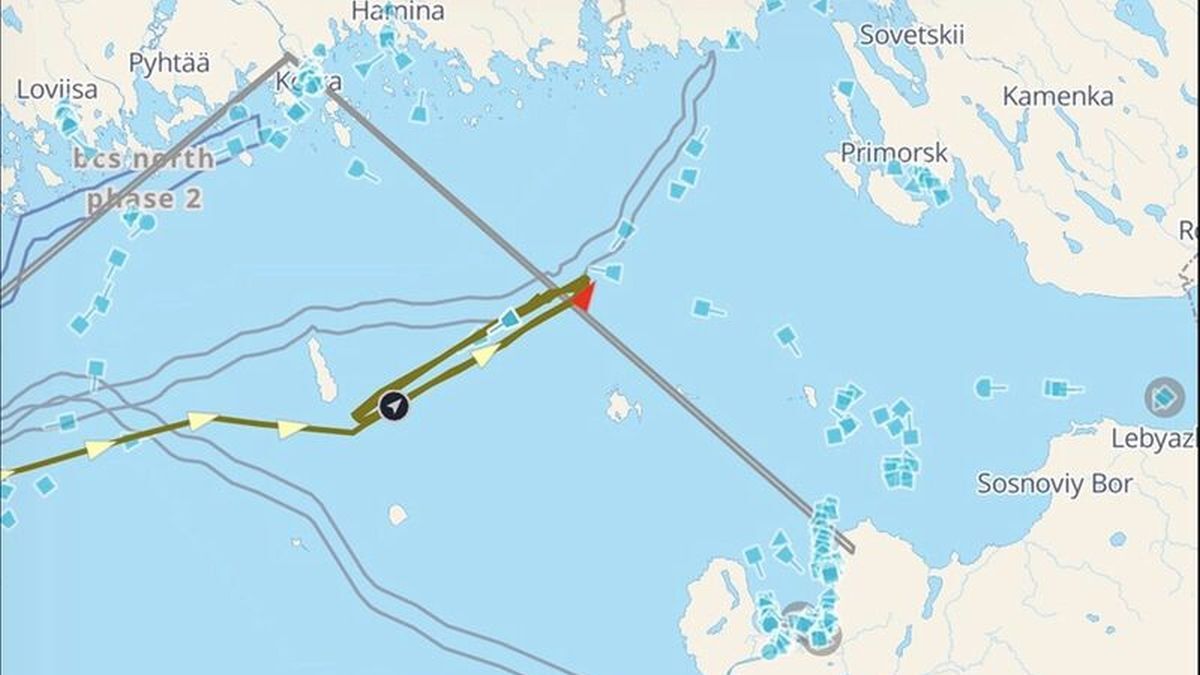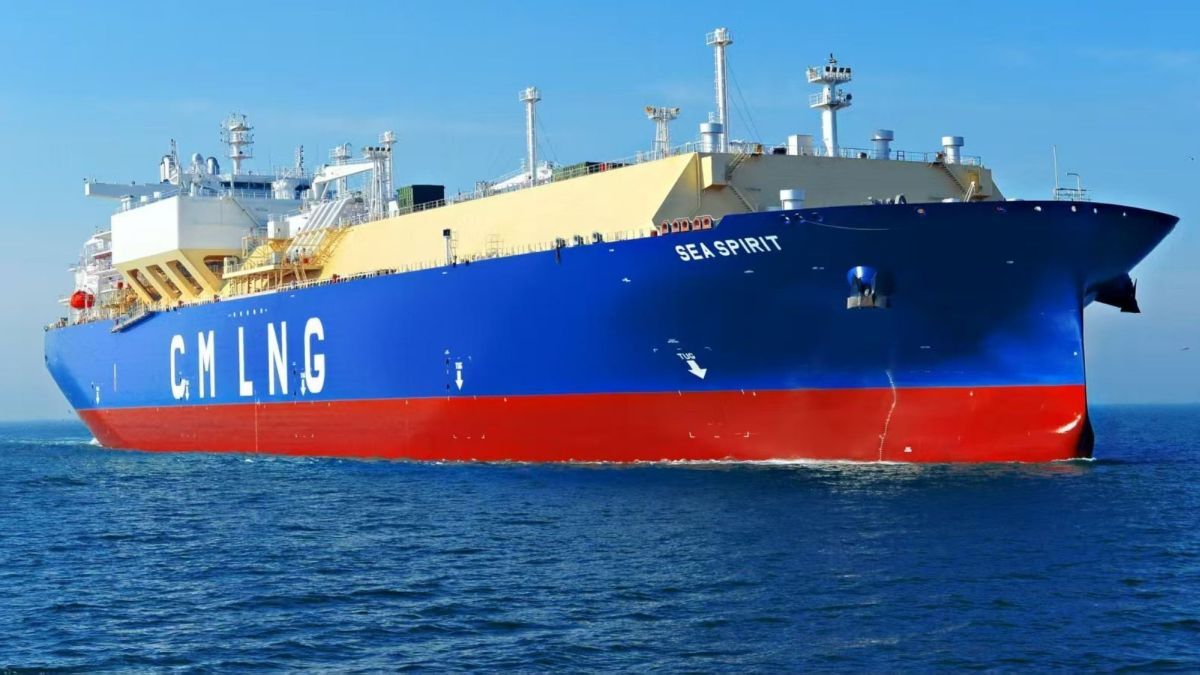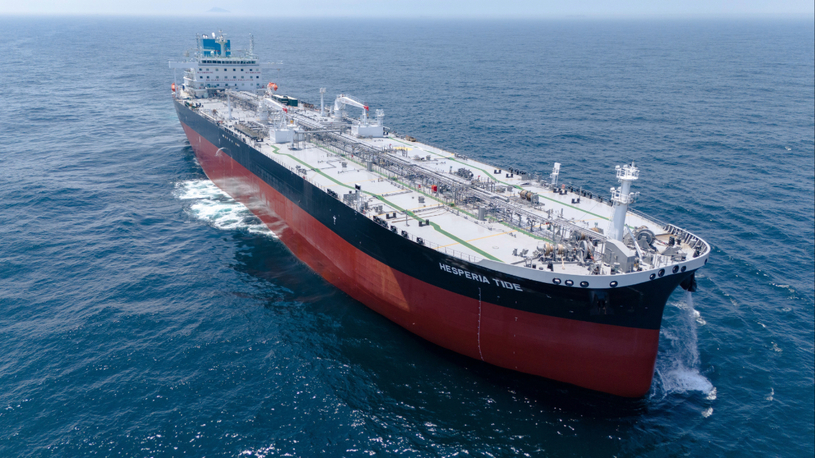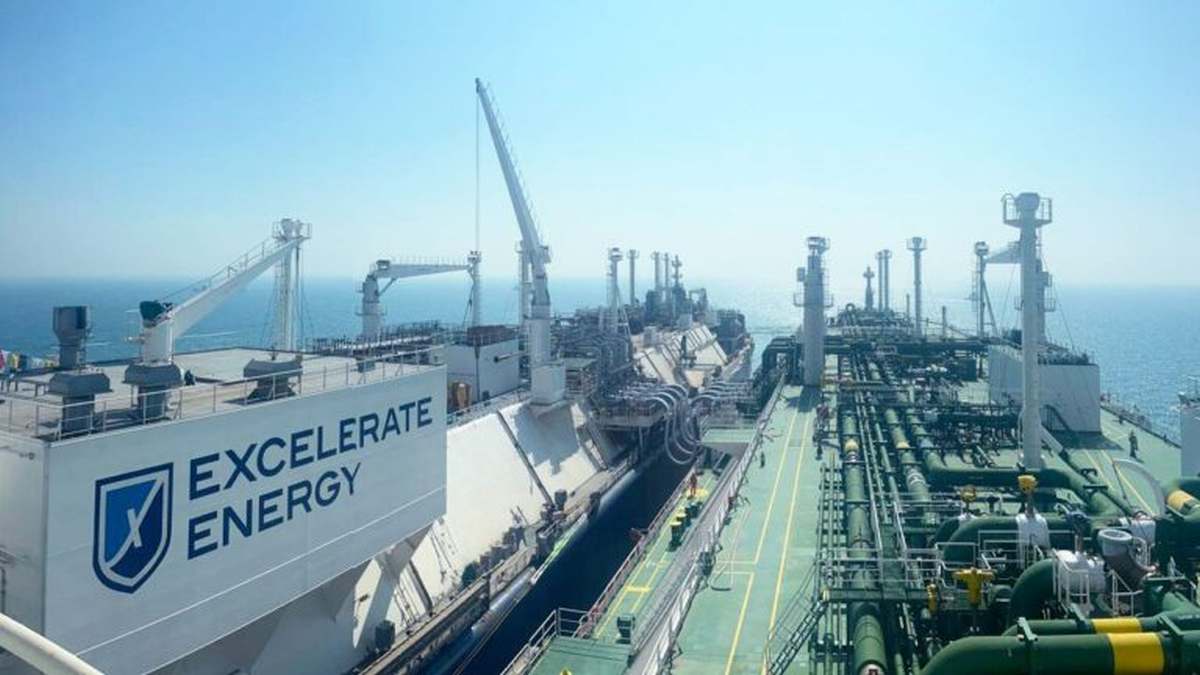Business Sectors
Events
Contents
Poseidon Principles signatories report portfolios' carbon alignment
Fifteen of the 20 financial institutions that have signed up to the Poseidon Principles have reported their 2019 portfolios’ climate alignment
In a first-of-a-kind climate finance report, 15 signatories to the Poseidon Principles disclosed the climate alignment score of their ship finance portfolios. The Poseidon Principles Annual Disclosure Report 2020 shows that three banks’ ship finance portfolios are aligned with UN decarbonisation targets while 12 banks’ portfolios are not.
The Poseidon Principles establish a global framework to quantitatively assess and disclose whether financial institutions’ lending portfolios are in line with climate goals set by IMO.
IMO’s initial greenhouse gas emissions reduction strategy prescribes that international shipping must reduce its total annual greenhouse gas emissions by at least 50% of 2008 levels by 2050, while pursuing efforts towards phasing them out as soon as possible in this century.
“This report marks a significant milestone for global ship finance and for climate finance reporting as a whole. I commend my fellow signatories for their pioneering efforts to be transparent and accountable for their role in promoting responsible environmental behaviour. I encourage other serious banks and export credit agencies to join us in supporting global seaborne trade in a sustainable manner,“ said chair of the Poseidon Principles Association and chairman, Global Shipping, Logistics and Offshore, Citi, Michael Parker.
Twenty financial institutions have joined the Poseidon Principles. Together, they represent over US$150Bn in loans to international shipping – more than a third of the global shipping finance portfolio.
Poseidon Principles Signatories Annual Disclosure Report 2020
Institute name and % portfolio climate alignment (2019)
1 ABN AMRO – 5.00%
2 Amsterdam Trade Bank – 31.58%
3 BNP Paribas – 2.88%
4 Bpifrance Assurance Export – -43.43%
5 Credit Industriel et Commercial – 1.10%
6 CITI – 6.00%
7 Credit Agricole CIB – 0.44%
8 Credit Suisse – n/r
9 Danish Ship Finance – 6.72%
10 Danske Bank – 11.90%
11 DNB – 2.50%
12 DVB – n/r
13 Export Credit Norway – -44.92%
14 ING – -0.36%
15 Nordea – 6.70%
16 SEB – n/r
17 Societe Generale – 2.05%
18 SpareBank 1 SR-Bank – n/r
19 Sparebanken Vest – 29.11%
20 Sumitomo Mitsui Trust Bank – n/r
Average of those institutions reporting – 1.2%
Source: www.poseidonprinciples.org
Note: n/r = not reporting. Financial institutions that joined the Poseidon Principles in 2020 are not required to report before 2021.
“This first climate assessment reporting provides signatory financial institutions with a unique understanding of our ship finance portfolios’ climate footprint. All industry participants must collectively rise to the climate challenge. Banks under the Poseidon Principles will continue to work proactively with their clients and other important stakeholders to shape a better future for international shipping and society”, said vice chair of the Poseidon Principles Association and global head of shipping and offshore, Societe Generale Paul Taylor.
The Poseidon Principles were developed by global shipping banks – Citi, Societe Generale, and DNB – in collaboration with leading industry players – AP Møller Mærsk, Cargill, Euronav, Gram Car Carriers, Lloyd’s Register, and Watson Farley & Williams – with expert support provided by the Global Maritime Forum, Rocky Mountain Institute, University College London Energy Institute, and UMAS.
All banks and export credit agencies that finance vessels under the purview of the IMO are invited to join the Poseidon Principles.
The free technical and operational webinars from Riviera will continue in 2021. Sign up to attend on our events page.
Related to this Story
Events
Offshore Support Journal Conference, Americas 2025
LNG Shipping & Terminals Conference 2025
Vessel Optimisation Webinar Week
© 2024 Riviera Maritime Media Ltd.














